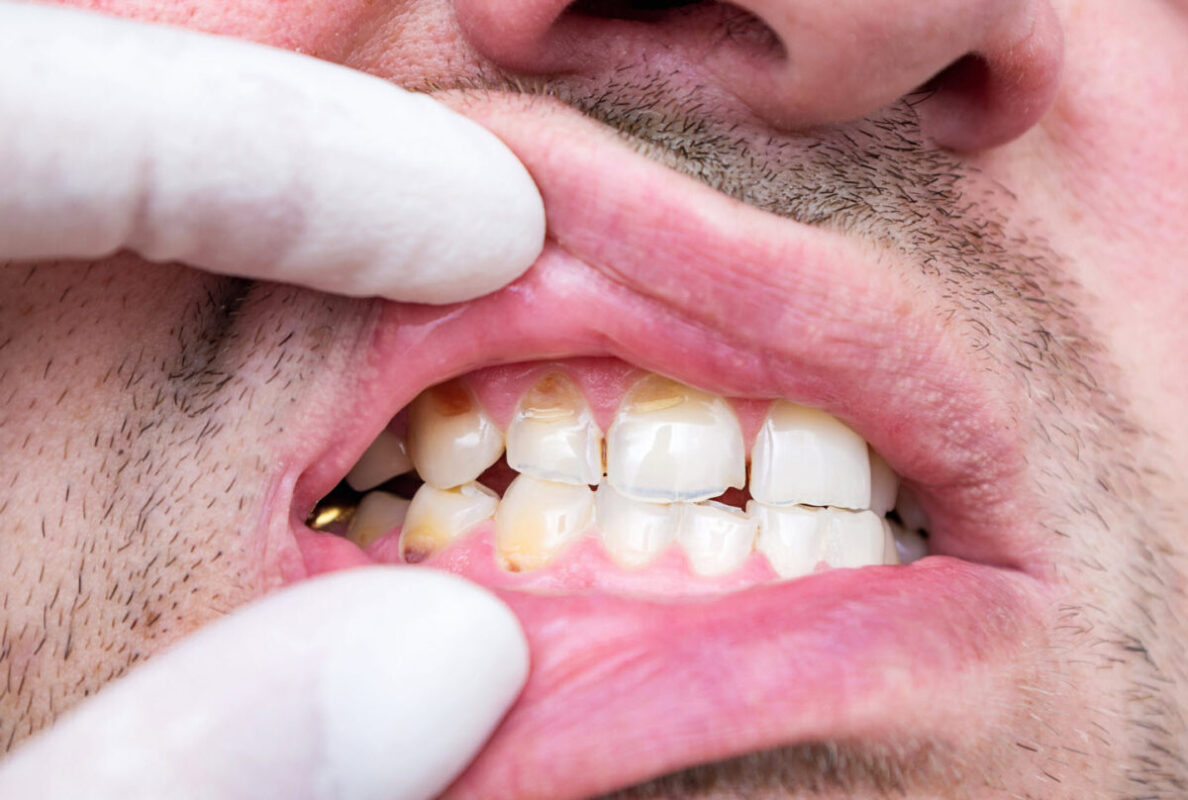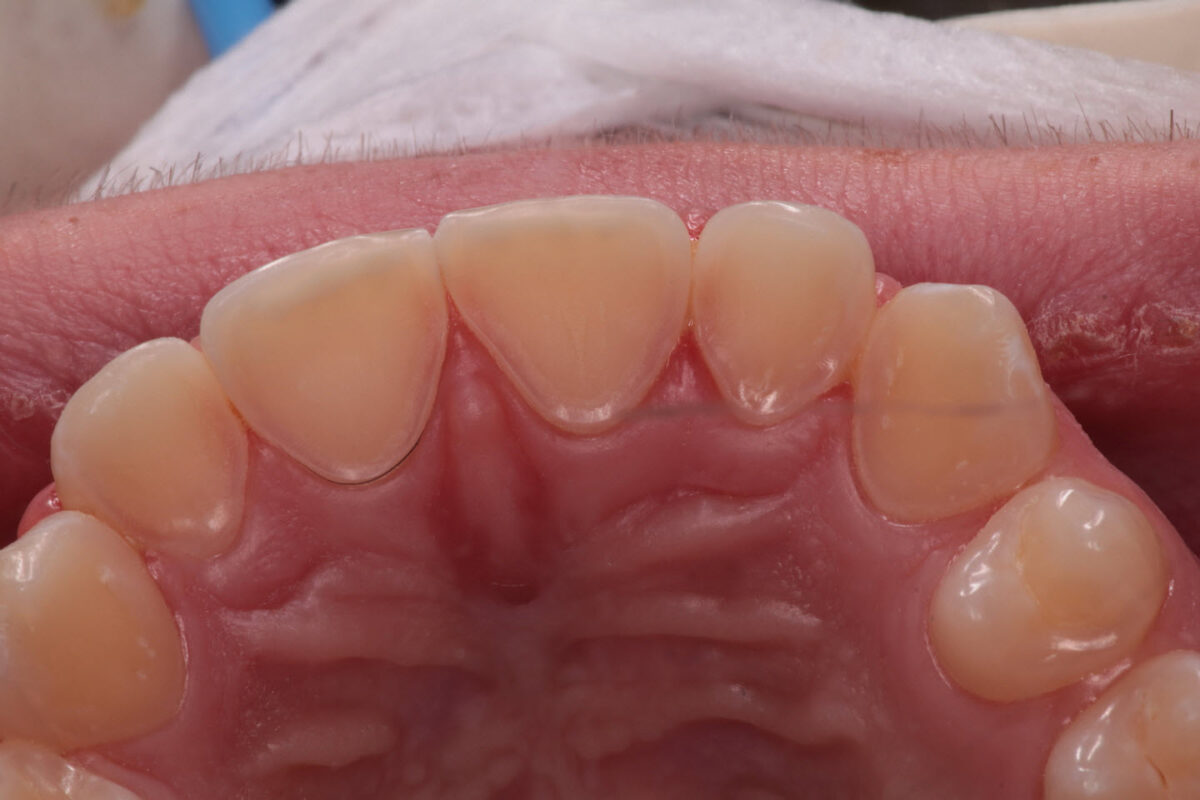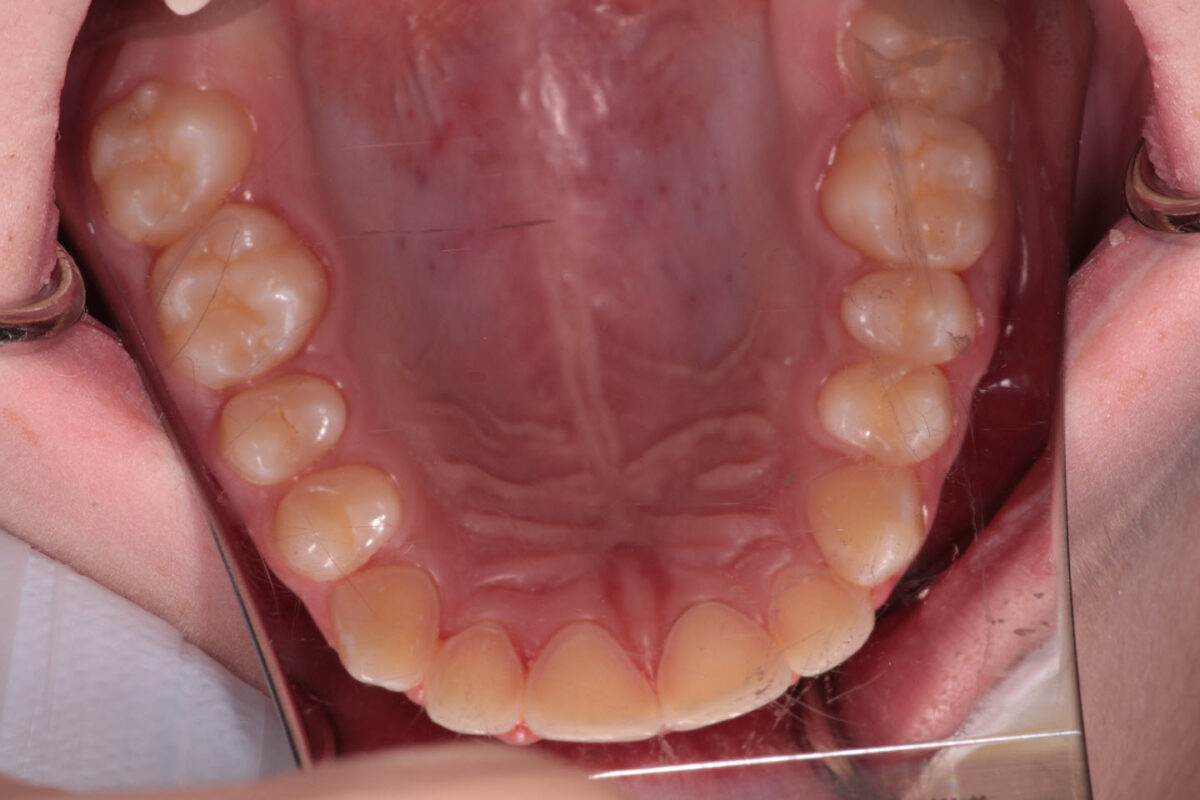Enamel Erosion
What is tooth enamel?
A hard, mineralized tissue
Every tooth comprises four main tissues; Enamel, Dentine, Tooth Pulp, and The Cementum.
Most parts of your tooth are made of living tissues; we say most parts because Tooth Enamel is an exception! But what does it really mean?
Let us clarify!
Tooth Enamel refers to the outermost layer of each tooth and is the most visible layer. Enamel is, in fact, the toughest substance in the body and the most mineralized tissue, which functions as a protective layer for the tooth.
But…Enamel has no living cells and is not living tissue, which means it cannot repair itself when it comes to damage or decay and cannot restore itself.
Any damage to the tooth enamel is permanent, and once enamel erodes, there’s no regenerating it!
That’s why good oral hygiene is critical to keep the enamel healthy and strong.
Another reason why we emphasize protecting tooth enamel is to prevent the sensitive dentine underneath enamel from being exposed! Once enamel erosion occurs, and the dentine is exposed, the person will experience pain and sensitivity.
What is tooth enamel erosion?
The short answer is: enamel erosion is the loss of the hard protective coating from the surface of your teeth.
The long answer, however, requires you to keep reading!
What causes enamel erosion?
Tooth erosion causes
As said before, enamel on your teeth is the hardest substance in the human body and protects your tooth against decay.
So that means nothing can threaten this protective coating, right? Of course NOT!

Acid Erosion
Tooth Enamel Loss caused by acid
Tooth enamel is susceptible to wear and tear due to being exposed to highly acidic foods and drinks and stomach acids.
Acid erosion causes irreversible damage to the tooth structure.
Citric acid and phosphoric acid found in some foods and drinks will make the enamel thin and weak over time. The weak enamel is now no longer capable of protecting the sensitive dentine underneath, causing dentin hypersensitivity.
Phosphoric and citric acids damage the surface of your teeth and cause dental erosion over time; these acids wear the enamel and put your dental health at risk.
Would you like to drink battery acid? No? Ok, let us tell you something weird! The acid in some acidic drinks is even more damaging than battery acid!
Dental erosion is caused by eating acidic foods and acidic drinks
Yes, eating foods high in acid, such as fruit juices or citrus fruits, sounds fun; we give you that, but the acid attack will wear away the enamel, cause enamel loss, and eventually expose the underlying dentine!
How about the PAIN and sensitivity now? Do they sound fun?!
Common acidic foods and drinks that can cause tooth enamel damage and cause tooth erosion:
Acids from fruit drinks and even soft drinks will damage your tooth surface and make it vulnerable to erosion and decay.
- fruit juices
- soft drinks and sports drinks
- starchy foods; bread is an example
- lemons, limes, oranges, and other citrus fruits
- carbonated sodas
- sugary foods
- sour foods or candies
- vinegar
- wine
Indulging in too much acidic food or drinking acidic drinks equal:
- tooth surface damage
- dental erosion
- tooth decay
- tooth enamel loss
Dental erosion caused by other factors
Enamel loss and tooth erosion can also be caused by other factors, including:
- acid reflux disease (GERD) Enamel erodes because the stomach acid comes up to the mouth and wear the enamel.
- certain medications like aspirin, antihistamines can also cause dental erosion
- genetics
- over-brushing or brushing teeth with a hard-bristled toothbrush
- not having enough saliva production (dry mouth syndrome)
- grinding of the teeth
Teeth grinding, which is usually the result of stress and anxiety, can wear away your teeth enamel and cause tooth erosion, pain, and sensitivity.
The dry mouth needs to be addressed to lower your risk of experiencing bad breath and tooth erosion; chewing gum will usually help increase saliva flow. Sugar-free gum is a better option.

What are the symptoms of enamel erosion?
Once the enamel loss occurs, the eroded teeth will not be the same. Signs of tooth enamel loss depends on the severity and the stage of the condition.
Some common signs of tooth enamel erosion:
- Cracks and chips
- Tooth sensitivity: You may notice your teeth are more sensitive to cold foods and drinks or even sugary foods.
- Tooth discolouration
- Shiny spots on your teeth
- Translucent or shiny teeth
Please call us on 0733434869 to seek dental treatment
How to prevent dental erosion?
Can tooth erosion be prevented?
Keep your teeth healthy and prevent dental erosion by following these tips.
- Practising good oral hygiene is a key factor in having healthy teeth and preventing tooth decay and tooth erosion.
- Brush teeth at least twice a day using a soft toothbrush. A soft toothbrush goes gentler on your tooth enamel and prevents tooth erosion.
- Seek treatment for your acid reflux condition to stop your stomach acid from damaging your teeth. It helps to avoid eating 3 hours prior to sleep to help control acid reflux.
- Make sure you wash your mouth with water in case you throw up!
- You can chew sugar-free gum to stimulate saliva production and prevent dental erosion caused by a dry mouth.
- Avoid eating acidic foods too often to lower your risk of dental erosion.
- Rinse your mouth after you drink acidic drinks, like fruit drinks, sports drinks.
- Use fluoride toothpaste to prevent the tooth from further decay and erosion.

Can you fix enamel erosion?
How do dentists fix enamel erosion?
Wanna hear some bad news?! Who does?!
But we regret to tell you that once the enamel on the surface of your teeth is damaged, the harm is done, and it cannot be restored by itself naturally!
There are, however, some dental treatments your Brisbane dentists can do to treat eroded teeth:
Tooth bonding (mild dental erosion)
Our Brisbane dental experts may suggest dental bonding to treat dental erosion and increase the cosmetic appearance. To that aim, they will apply a composite resin (similar to the colour of your own teeth) to the damaged tooth.
Tooth crowns (severe cases of dental erosion)
Dental crowns are a type of dental restorations that are placed on a damaged tooth to protect it and prevent future decay. Crowns can restore the damaged tooth look and function.
Our Brisbane dentists may also suggest fluoride varnish to protect the enamel from further decay.
Fluoride has many health benefits for dental health and can prevent tooth decay by strengthening your tooth enamel.
As prevention is always wiser and a better choice than treatment, try to improve your oral health by
maintaining proper oral hygiene
- scheduling dental visits for regular dental check-ups and clean
- limiting your intake of sugary foods to prevent cavity-causing bacteria from damaging your teeth and weakening your enamel
- using a fluoride toothpaste
- brushing and flossing regularly
Need more tips? You are welcome to call us on 07 3343 4869




































